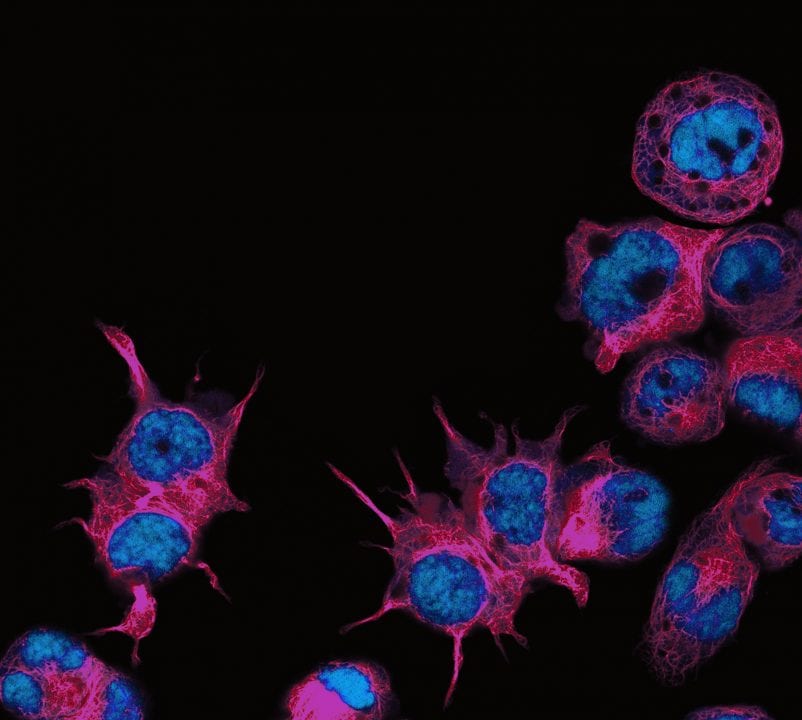
Posted March 28, 2019

The APOE gene is associated with the metabolism of fats in the human body. Having two copies of the epsilon 4 variant, APOE4, is the largest known risk factor for developing late-onset Alzheimer’s disease. APOE4 exists in about 20% of the population and increases the risk of developing Alzheimer’s disease by up to 12x. It also increases the brain’s levels of amyloid, one of the prime suspects in the investigation into the causes of Alzheimer’s. This study revealed the effect of APOE4 on the tau protein.
Once tau accumulates, the brain degenerates. When APOE4 is present, it amplifies the toxic function of tau, and may trigger the entire pathological cascade of neurodegeneration in the brain. In light of these findings, APOE4 has become a new target for the development of therapies.
David Holtzman, M.D., Ph.D., Washington University School of Medicine